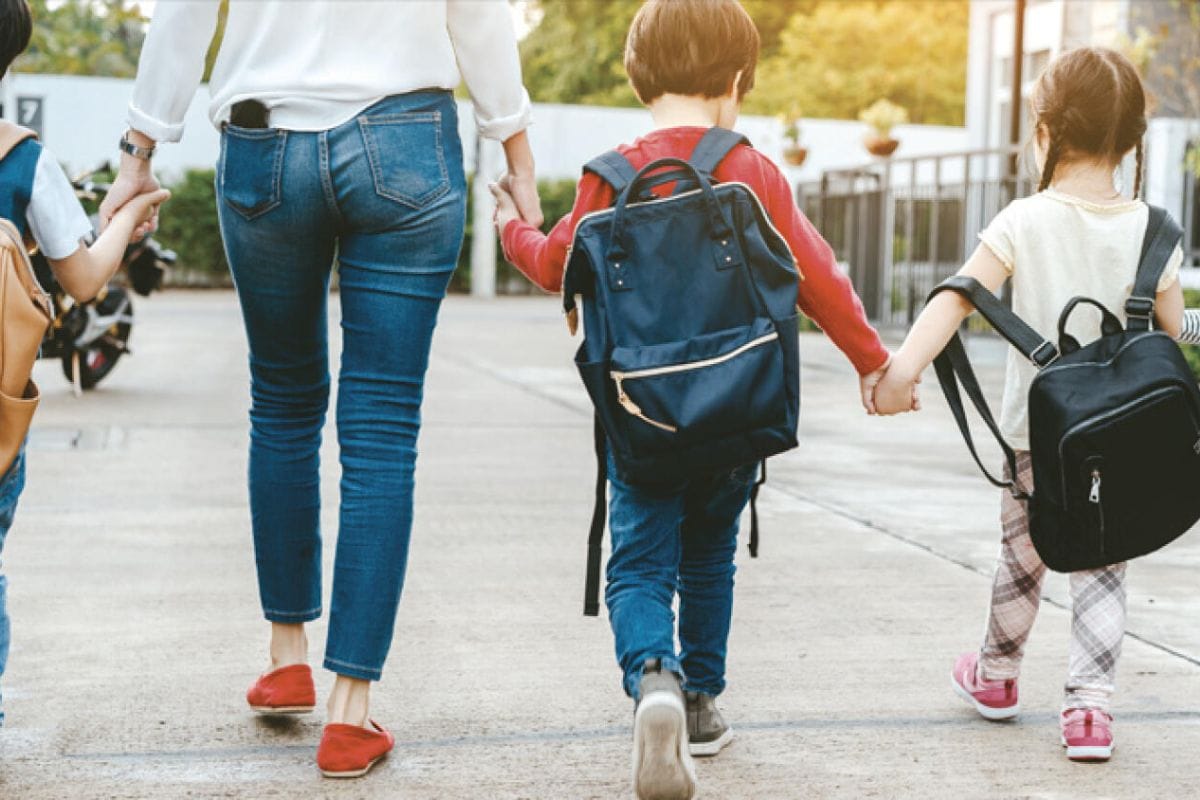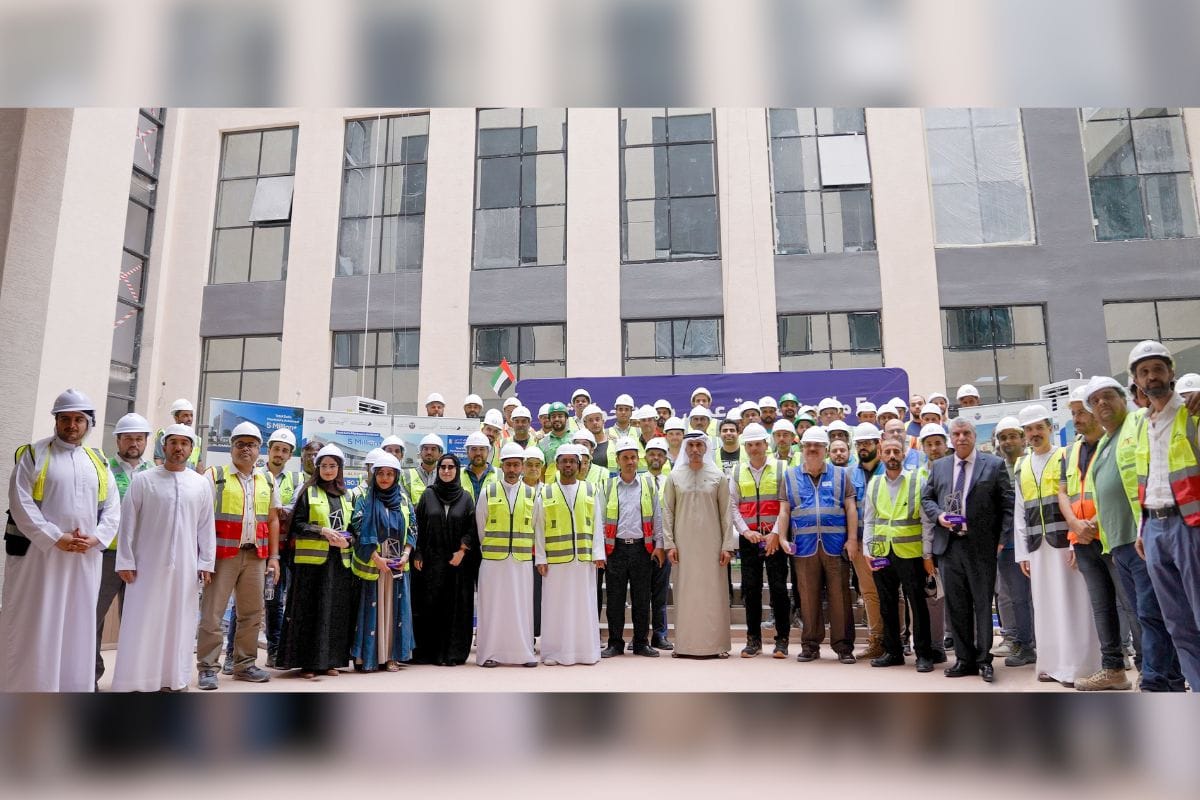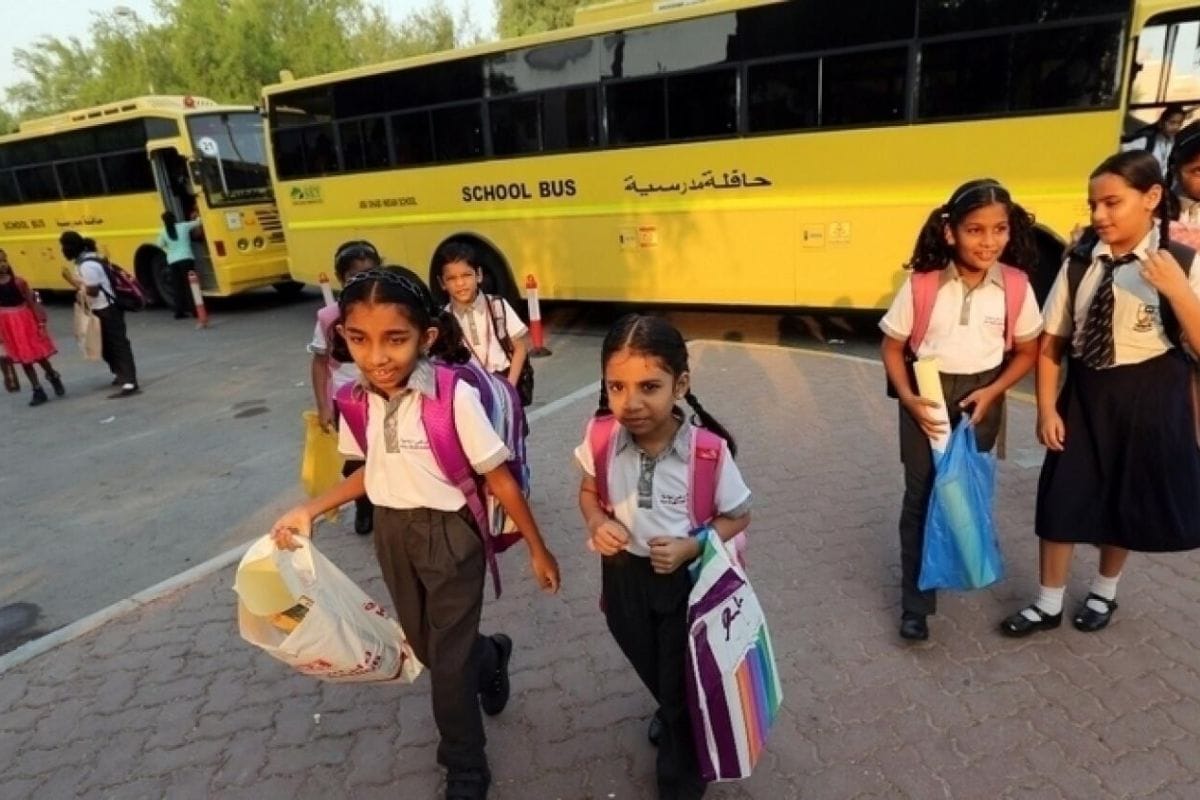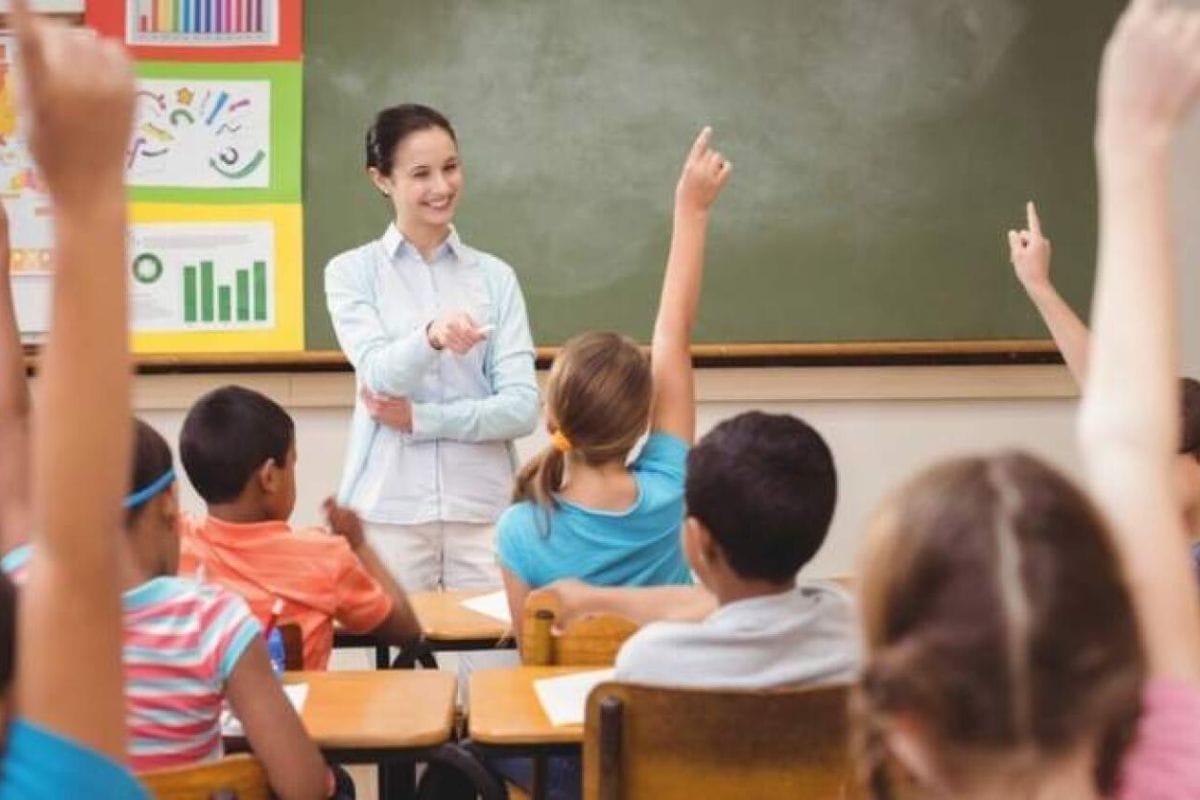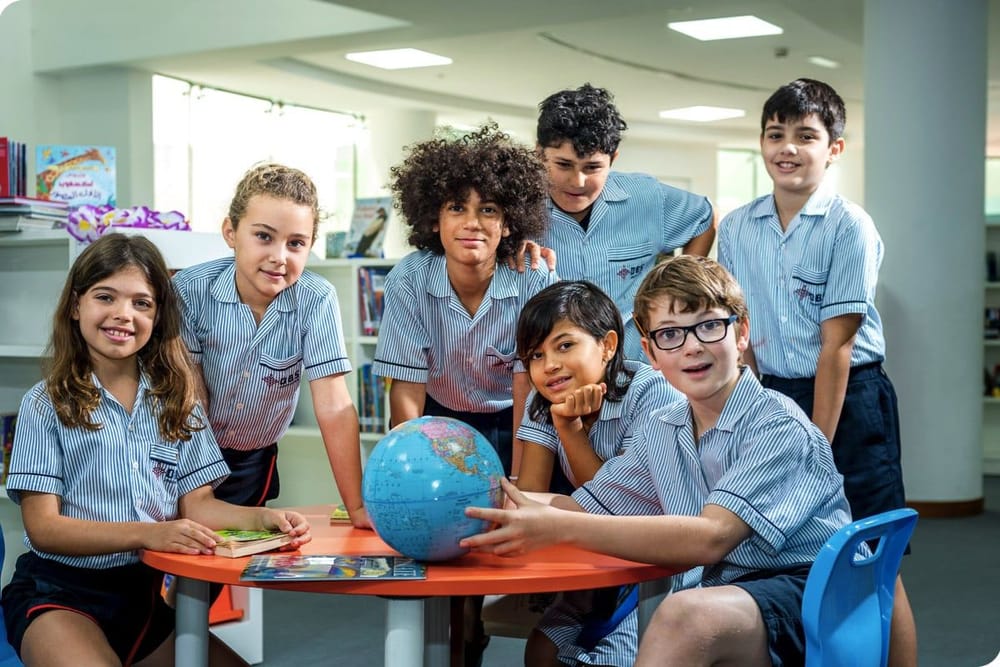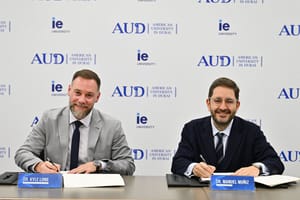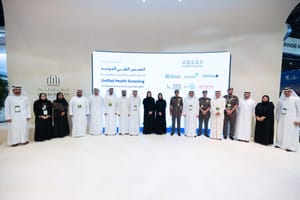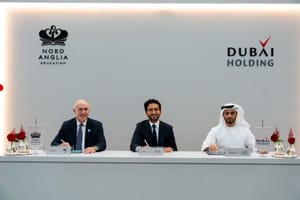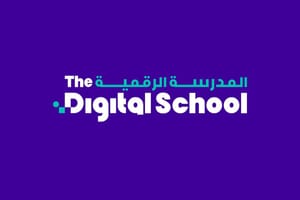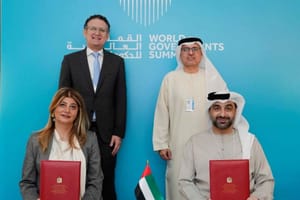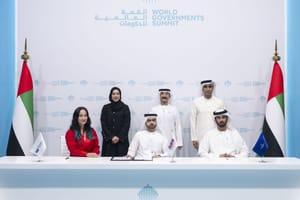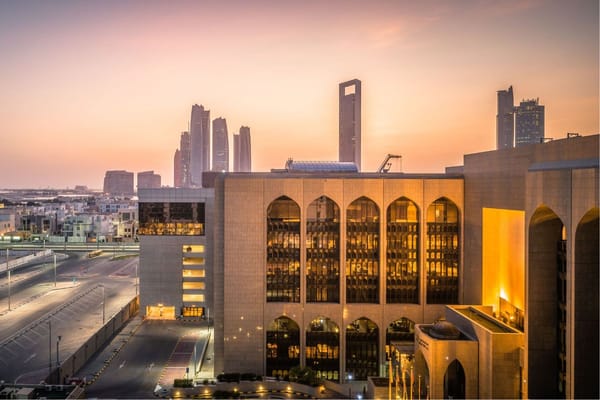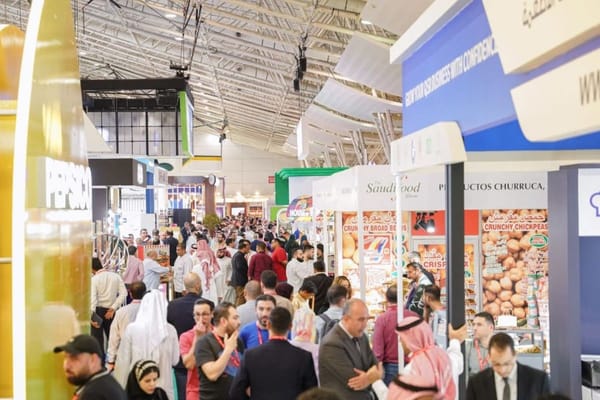Schools in Dubai are leading changes to make education very different from the traditional way of teaching in classrooms. Recognizing the rapidly evolving demands of the 21st century, educators in these cities are embracing innovative teaching methods that leverage technology, promote collaboration, and foster critical thinking skills.
These progressive approaches challenge the conventional lecture-based model, instead creating an engaging and student-centered learning environment. From project-based learning that encourages hands-on exploration to flipped classrooms that leverage technology for personalized instruction, schools in Dubai are pioneering a new era of education.
By incorporating elements such as gamification and personalized instruction, these teaching methods aim to nurture creativity, develop essential skills, and empower students to become active participants in their own educational journey. With a focus on preparing students for the challenges and opportunities that lie ahead, the UAE's educational institutions are paving the way for a more dynamic and effective learning experience.
Making Learning Exciting and Motivating
Hands-On Approach
In Dubai schools, new teaching methods are making learning more exciting and motivating for students. Instead of just lectures, teachers are getting students actively involved through discussions, group work, and hands-on activities. These approaches spark students' curiosity, encourage critical thinking, and help them develop problem-solving skills.
Using Technology in the Classroom
Dubai schools are using more technology to make learning interactive and engaging. Tools like interactive whiteboards, educational apps, virtual simulations, and online collaboration platforms create fun and dynamic learning experiences.
Learning by Doing Projects
In this approach, students work on real-world projects that require them to apply what they've learned to solve actual problems. By tackling meaningful projects, students become active participants, build critical thinking abilities, and feel a sense of pride and accomplishment.
Developing Thinking and Problem-Solving Abilities
Learning Through Questioning
These new teaching methods focus on helping students develop critical thinking and problem-solving skills. Through inquiry-based learning, teachers ask open-ended questions and encourage students to explore, investigate, and find answers on their own. This helps students analyze information, ask good questions, and draw logical conclusions.
Learning Together
Dubai schools value collaborative learning, where students work together in groups to solve problems, discuss ideas, and learn from each other. This approach promotes teamwork, communication skills, and the ability to consider different perspectives – all important for effective problem-solving.
Connecting Learning to Real Life
Innovative teaching methods bridge the gap between what students learn in class and how it applies in the real world. By relating concepts to real-life scenarios, students see the value in what they're learning and can better think critically, solve complex problems, and apply their knowledge.
Meeting Different Learning Needs
Customized Learning
Dubai schools cater to students' diverse learning styles and needs. Teachers use differentiated instruction, tailoring teaching methods, materials, and assessments to meet each student's abilities and preferences. This includes varied assignments or flexible group arrangements.
Personalized Learning Paths
Schools are adopting personalized learning, allowing students to learn at their own pace and explore topics they're interested in. With adaptive technologies and individualized plans, students can learn in ways that match their strengths, interests, and goals.
Multi-Sensory Experiences
Understanding that students learn differently, Dubai teachers use multi-sensory approaches that engage different senses. This includes visuals, hands-on activities, audio resources, and physical learning experiences to accommodate diverse learning styles.
Examples of Innovative Approach
The Flipped Classroom Model
In Dubai's innovative classrooms, the traditional teaching model is being flipped. Students watch video lessons or study materials at home before class. Class time is then used for discussions, problem-solving, and group activities instead of lectures. This allows for more interactive and engaging learning.
- Benefits and Challenges
The flipped model offers benefits like increased engagement, personalized learning at one's own pace, and active participation. Students can review materials as needed and have deeper discussions with peers and teachers. However, challenges include ensuring students prepare before class, managing technology needs, and adapting teaching for interactive class time.
- Implementation in Dubai Schools
Schools in Dubai have implemented flipped classrooms to improve learning outcomes. One study found students in a flipped classroom showed higher engagement, participation, and academic performance compared to traditional classes. Students appreciated self-paced content review and meaningful in-class discussions.
- Transforming Learning
By adopting the flipped model, Dubai schools are transforming learning experiences. This approach empowers students, fosters collaboration and critical thinking, and creates an engaging environment tailored to 21st-century learners' needs.
Gamification in Education
In Dubai's education system, gamification is revolutionizing the way students learn. This innovative approach involves incorporating game-like elements, such as rewards, challenges, and competition, into the learning experience. Dubai schools have embraced educational games, interactive simulations, and gamified platforms to make learning more enjoyable and engaging for students. Through immersive and interactive experiences, gamification promotes motivation, problem-solving skills, and the development of various competencies.
- Innovative Assessments
The integration of gamification extends beyond the traditional classroom setting and into assessment methods. Dubai schools are transforming conventional quizzes and tests into interactive games or simulations. This approach allows students to demonstrate their understanding in a more engaging and interactive manner, encouraging active participation and fostering a sense of accomplishment. Additionally, gamified assessments provide immediate feedback to students, enhancing their learning outcomes and enabling them to track their progress effectively.
- Language Learning Success
Dubai schools have witnessed remarkable success in integrating gamification into their educational practices. One compelling example is a school that implemented a language learning app that incorporated game elements such as leveling up, rewards, and leaderboards. This gamified approach not only motivated students to practice their language skills outside the classroom but also resulted in improved language proficiency and increased student engagement, demonstrating the power of gamification in fostering a love for learning.
- The Power of Play in Education
By embracing gamification, Dubai's educational institutions are at the forefront of creating immersive and engaging learning experiences that tap into students' natural inclination for play and competition. This innovative approach not only enhances motivation and skill development but also prepares students for the challenges of the 21st century by cultivating problem-solving abilities, critical thinking, and a growth mindset.
Blended Learning Model
Blended learning merges online digital media with traditional classroom methods. It involves students accessing lectures online, engaging in digital activities, and participating in interactive forums before applying this knowledge in classroom settings. This method enhances flexibility, supports self-directed learning, and offers a tailored educational experience.
- Benefits and Challenges
The key benefits of blended learning include flexible scheduling, diverse educational resources, and accommodation of various learning preferences. It also enhances students' digital skills and promotes autonomy. Challenges include the necessity for consistent internet access, the need for teacher training in digital platforms, and the coordination between online and physical class activities.
- Implementation in Dubai Schools
Schools in Dubai have adopted blended learning to improve learning outcomes. They utilize platforms that allow students to review educational materials online, collaborate with classmates, and complete assignments digitally. This approach combines the independence of online learning with the support and interaction provided by traditional classroom experiences.
STEAM Approach
Dubai schools have embraced the STEAM approach, integrating Arts into the core STEAM curriculum to foster a comprehensive educational experience. This method not only covers traditional subjects such as mathematics and science but also includes art-related projects that encourage creative expression and design thinking. The curriculum is designed to make learning engaging and applicable to real-world situations, helping students see the connections between artistic creativity and scientific principles.
- Key Benefits and Practical Challenges
Incorporating STEAM into education offers extensive benefits. It cultivates critical thinking, creativity, and innovation, enabling students to excel in multifaceted environments. Additionally, it prepares them for future careers that demand both analytical skills and creative insights. However, challenges include ensuring educators are proficient in both STEM and arts subjects, and that schools have the necessary resources to provide a balanced and effective education.
- Implementation in Dubai’s Schools
Schools in Dubai often employ project-based learning frameworks within their STEAM programs, where students work on collaborative projects that require a blend of scientific reasoning and artistic creativity. For instance, a common project might involve designing eco-friendly housing solutions that incorporate engineering, environmental science, and aesthetic design principles. These practical projects prepare students for the complexities of modern professional fields by simulating real-world challenges and encouraging innovative solutions.
Implementing forward-thinking teaching strategies in Dubai schools offers significant benefits and opens doors to educational progress. These strategies increase student involvement, boost motivation, and enhance critical thinking capabilities, all while accommodating various learning preferences and requirements. They prepare students for the demands of the 21st-century job market and encourage a culture of lifelong learning.
Championing innovation in education represents a commitment to the future of Dubai's students and the broader evolution of its educational system. By prioritizing cutting-edge teaching methods, Dubai schools can empower their students, unlock their potential, and prepare them to succeed in a dynamically changing world.
Also Read:
